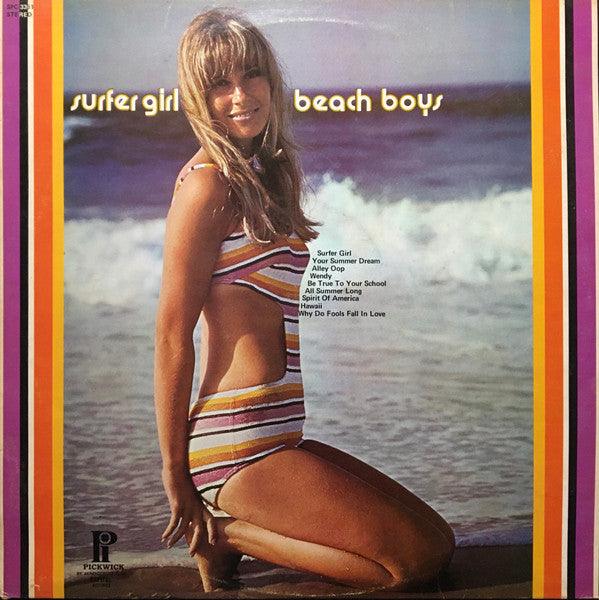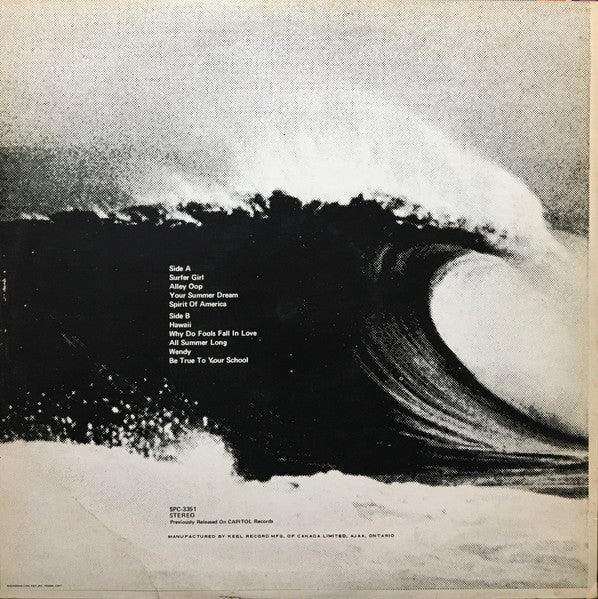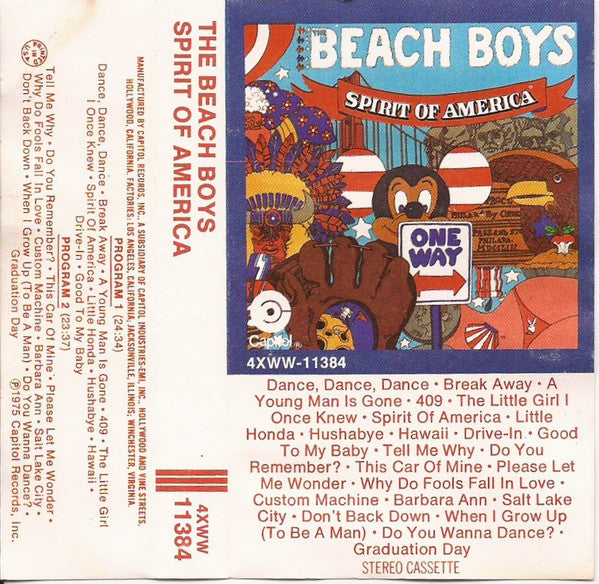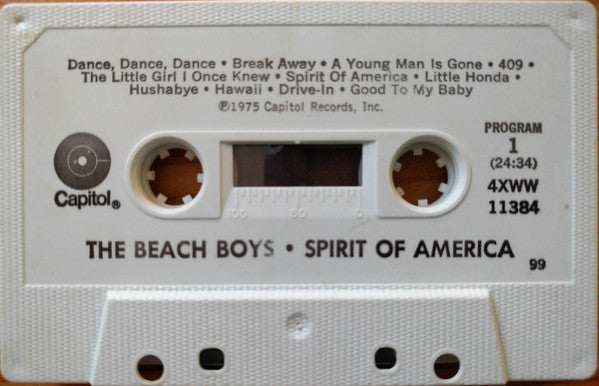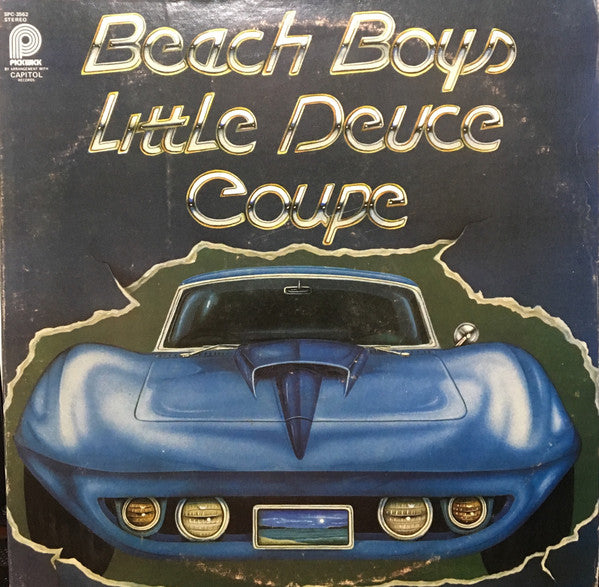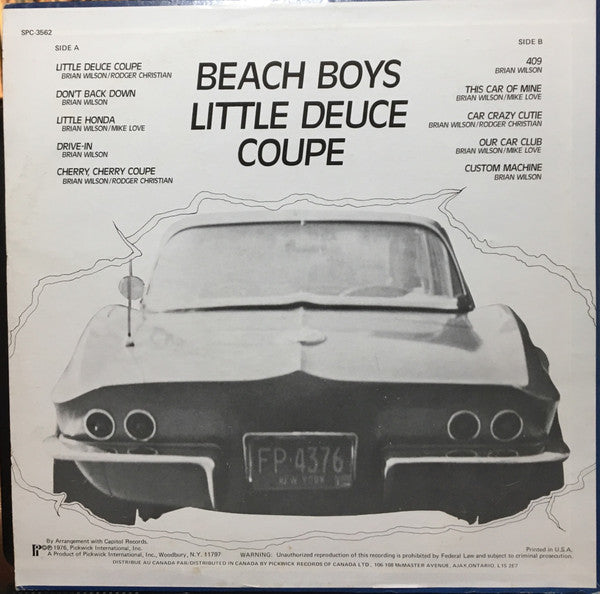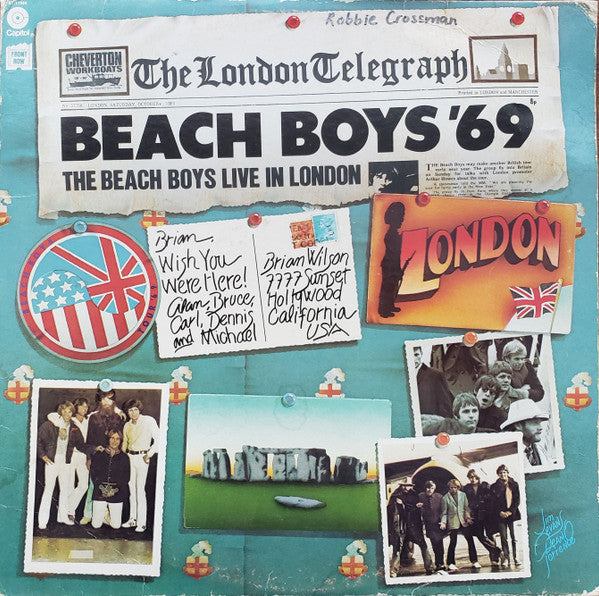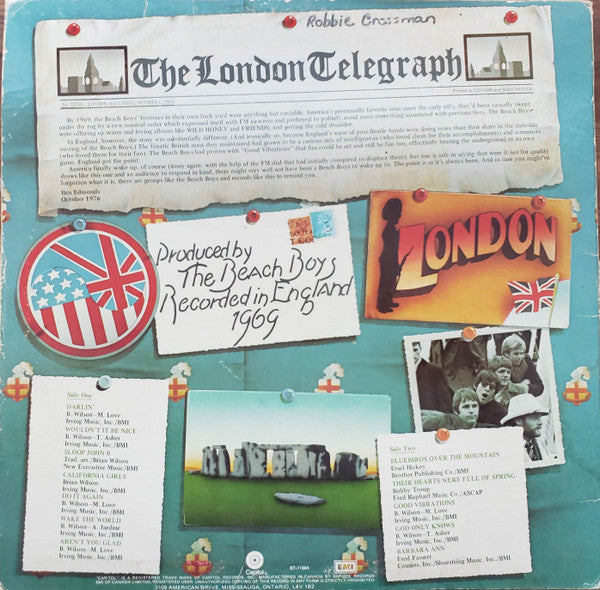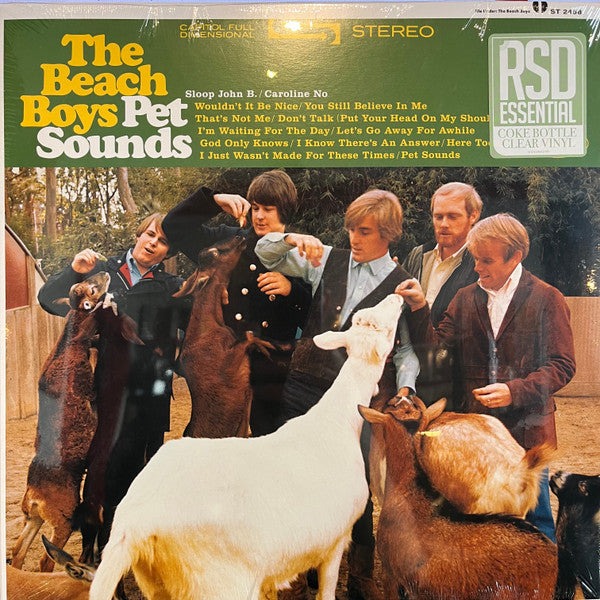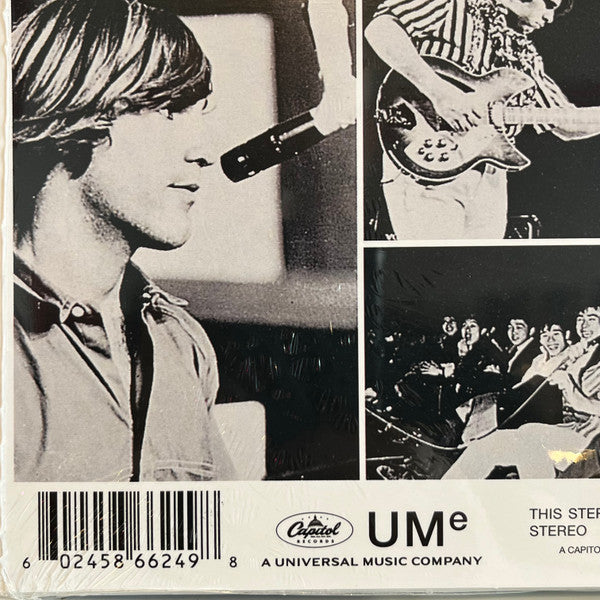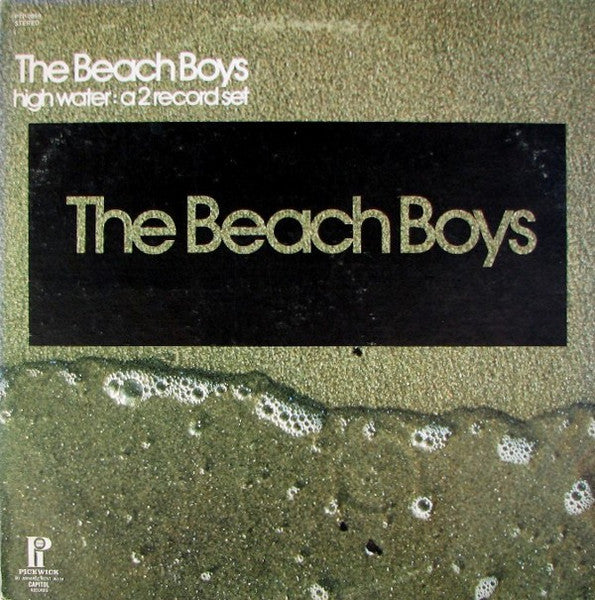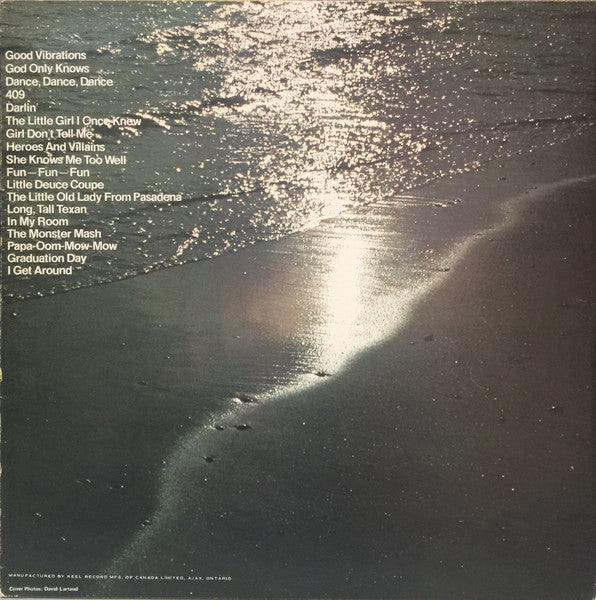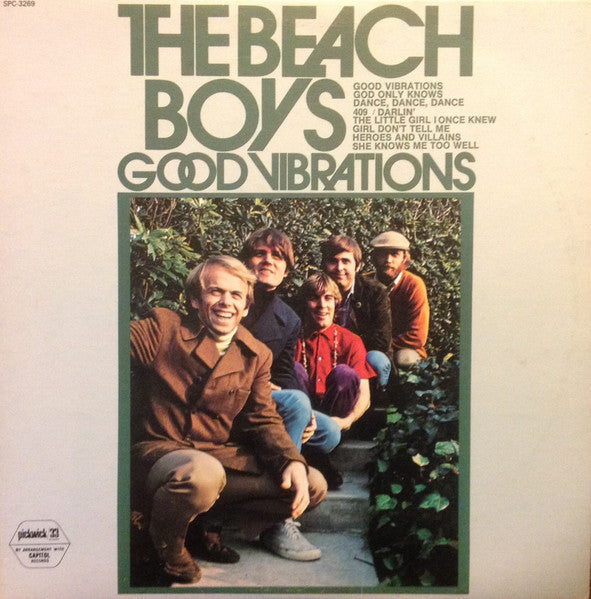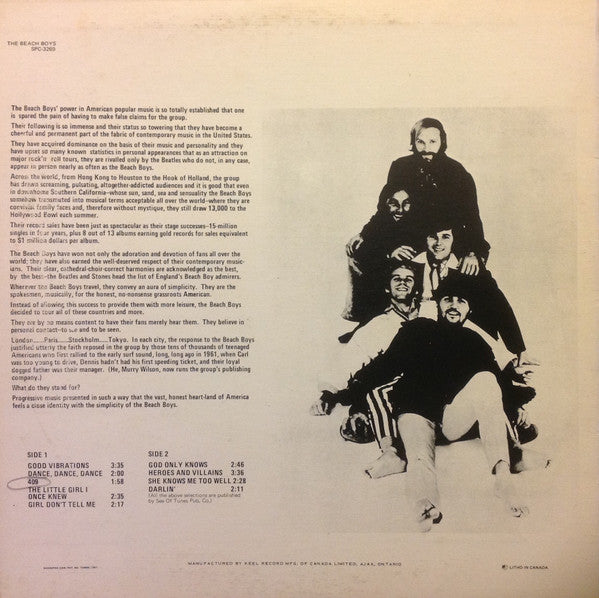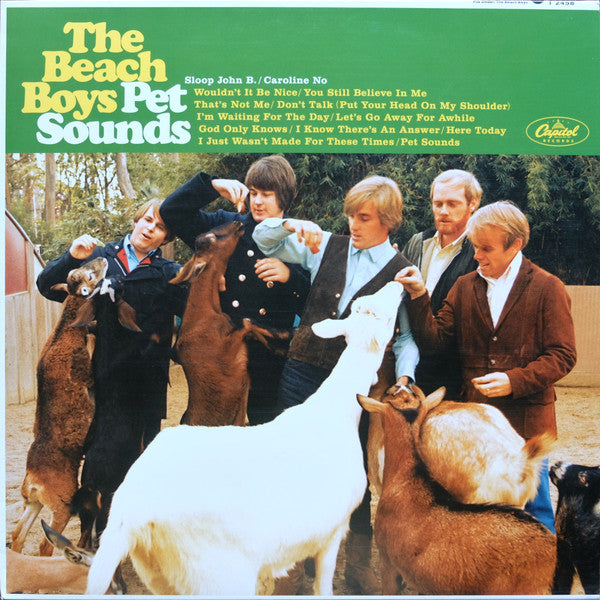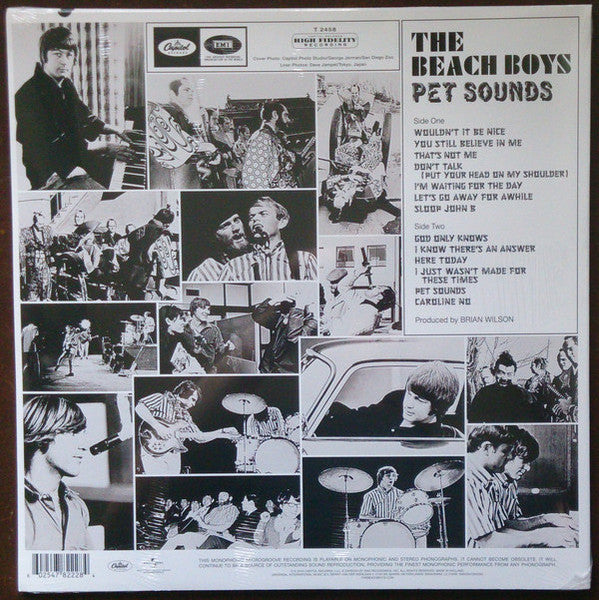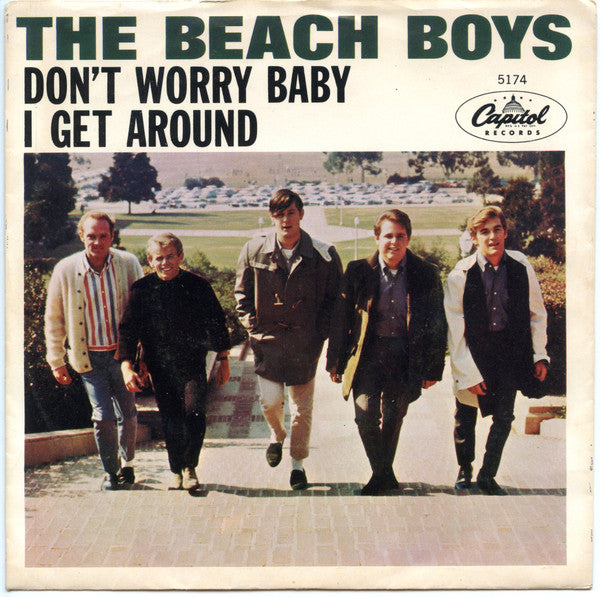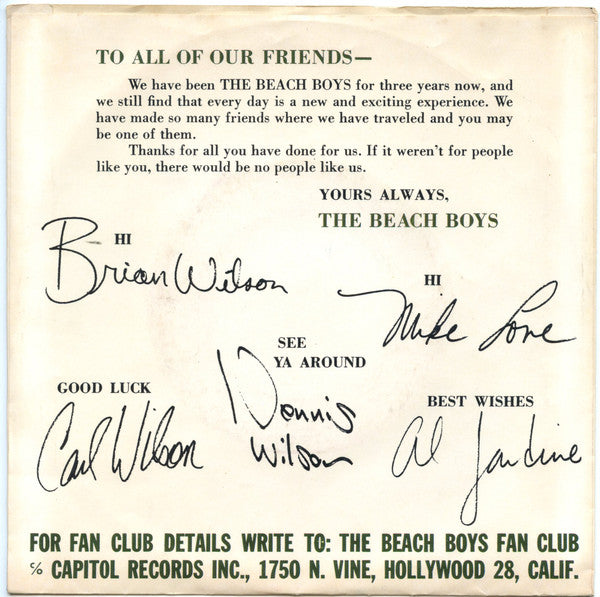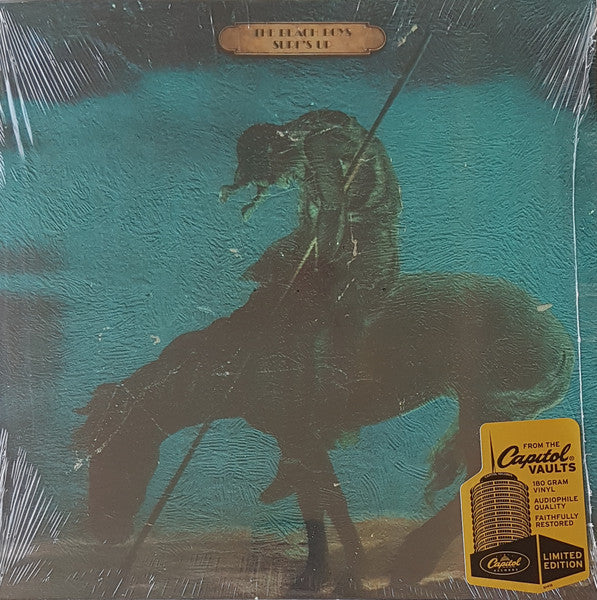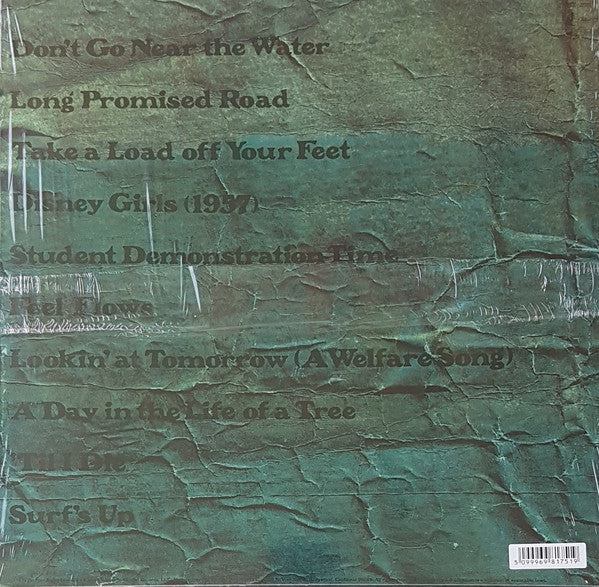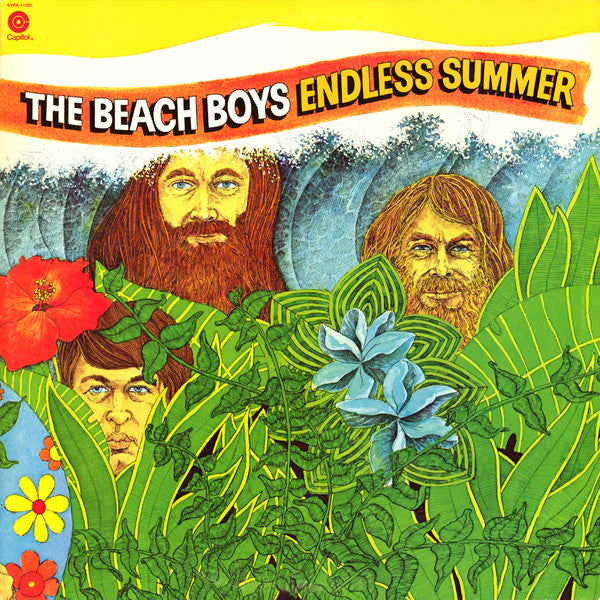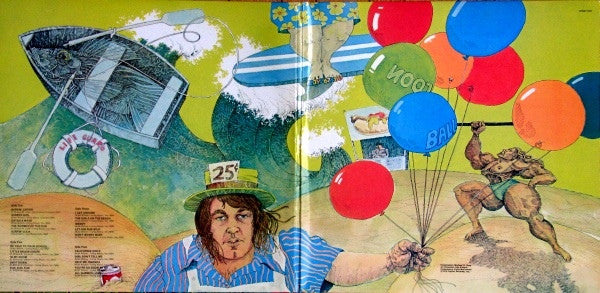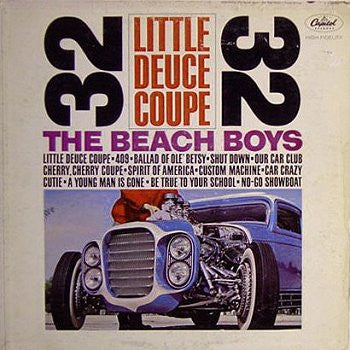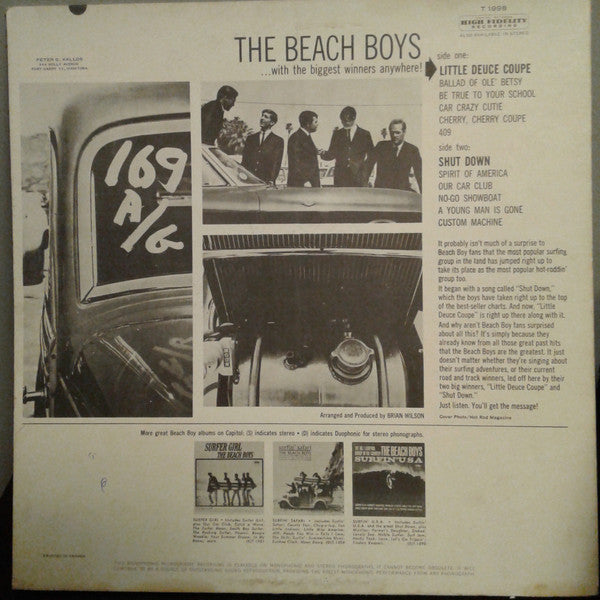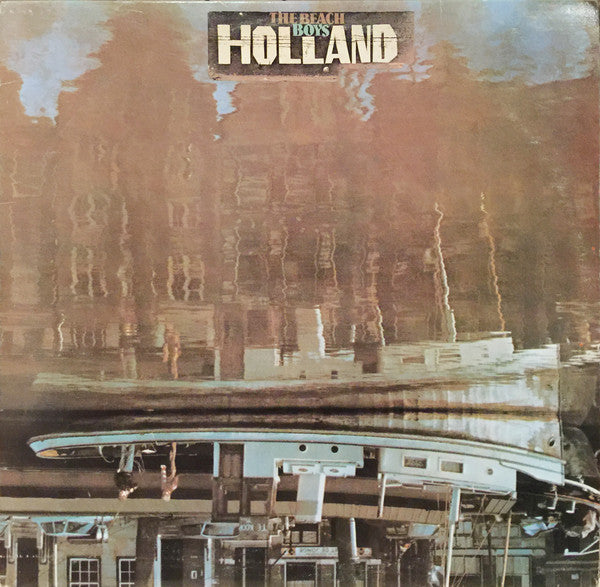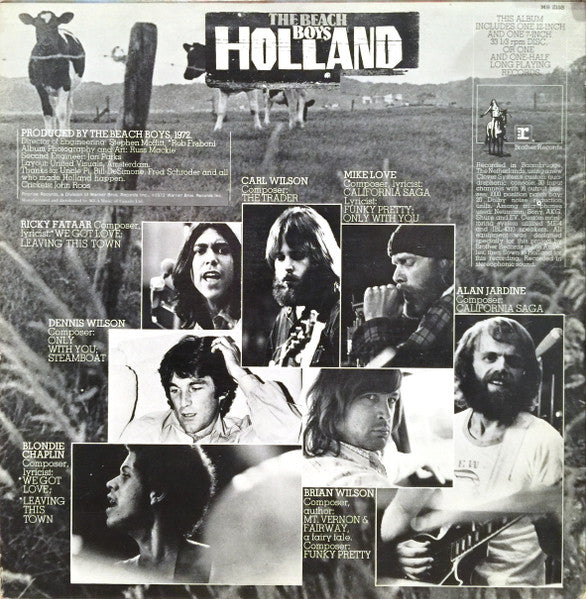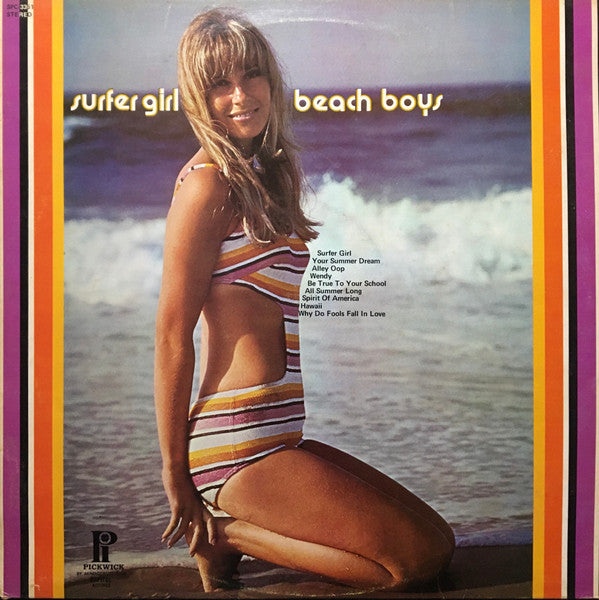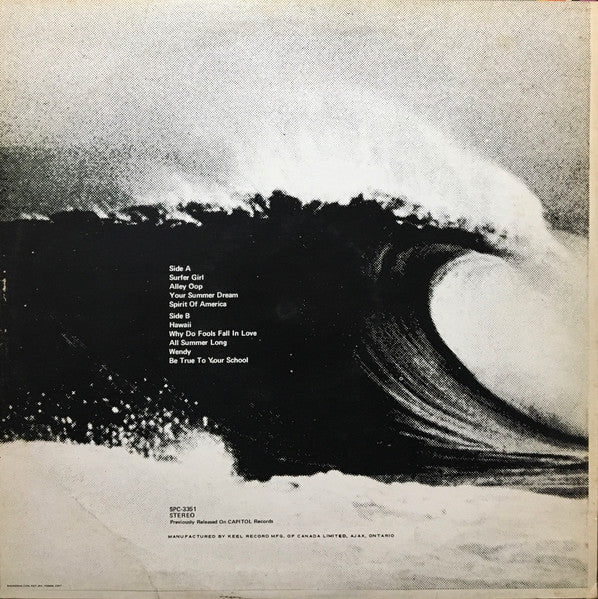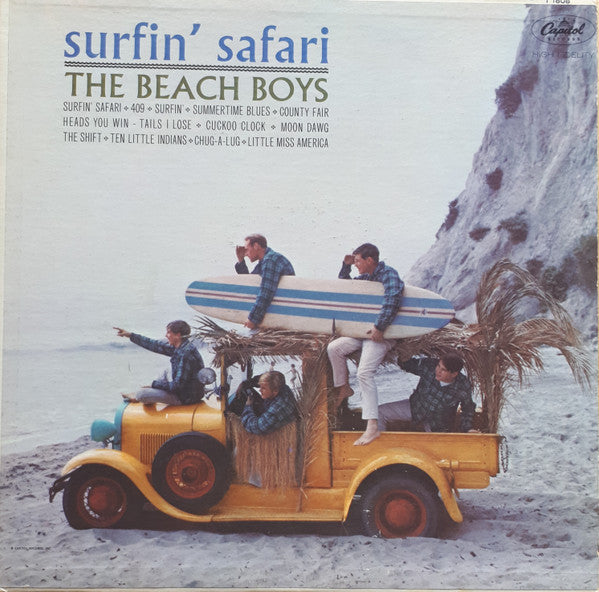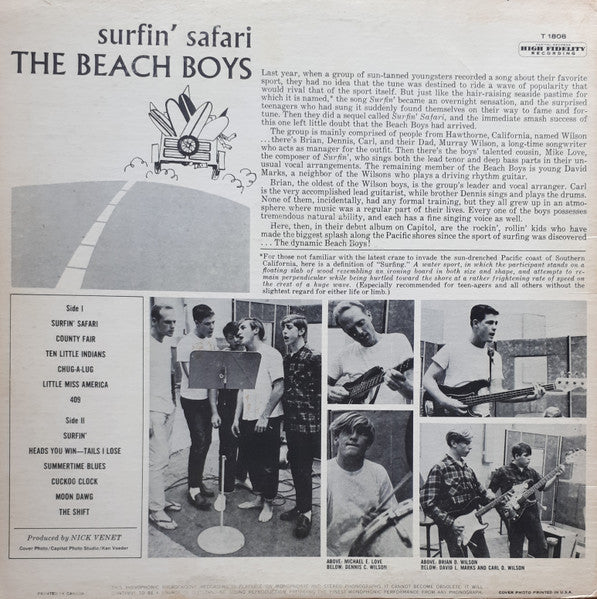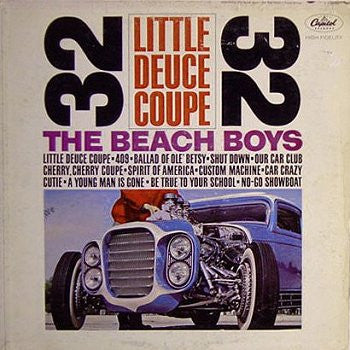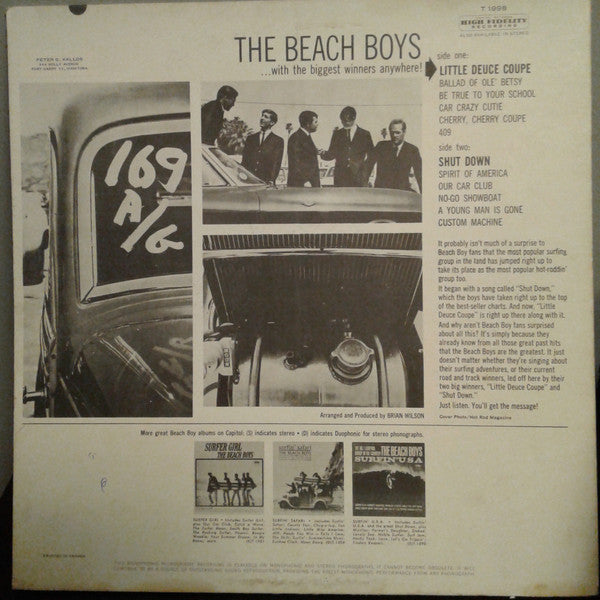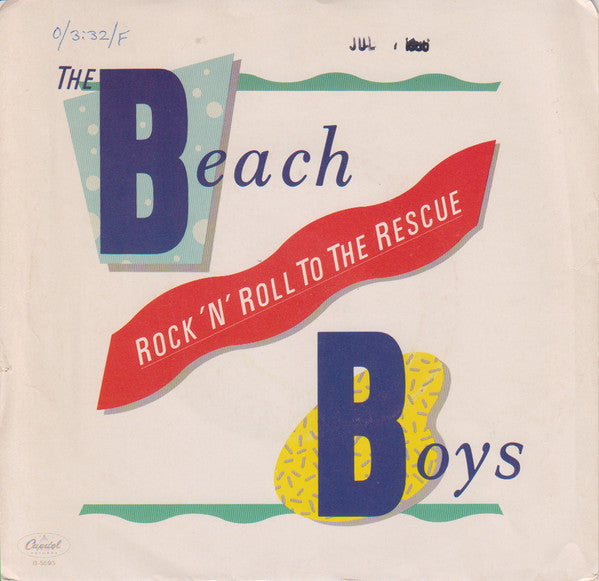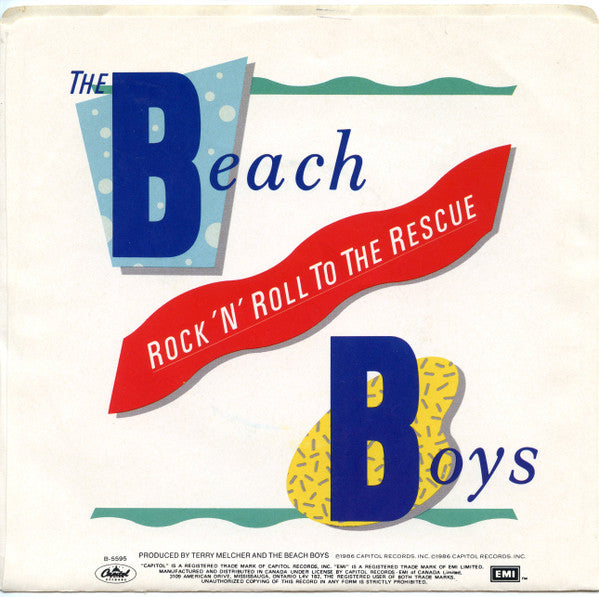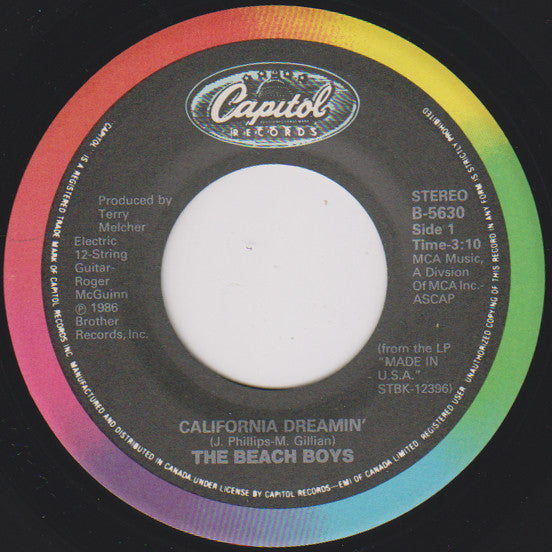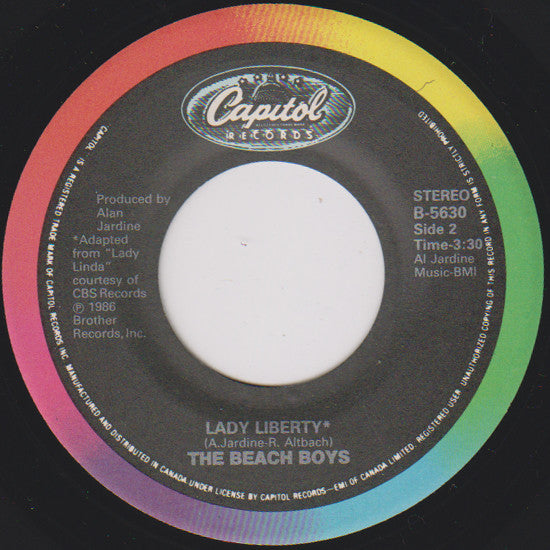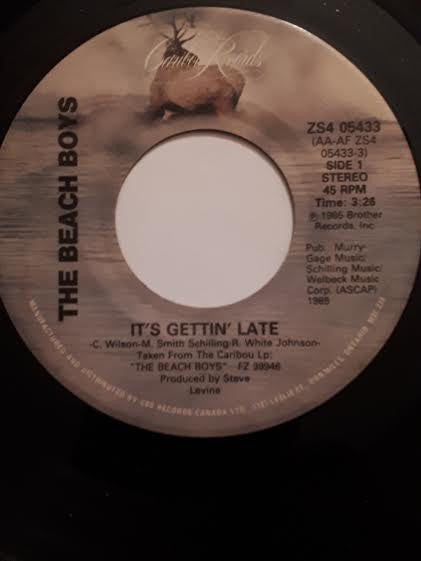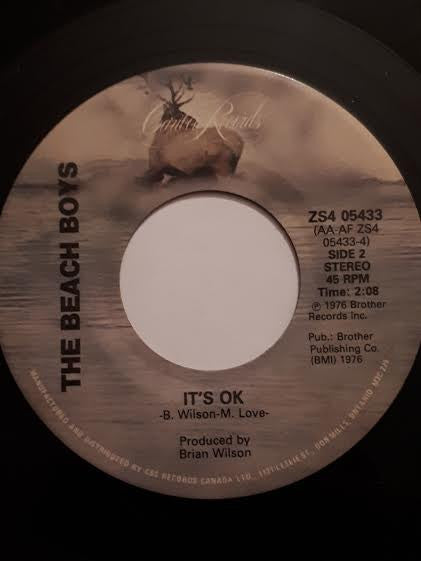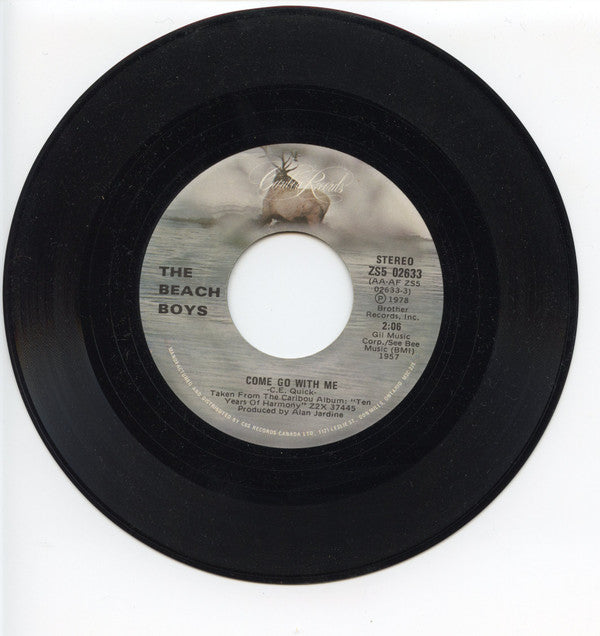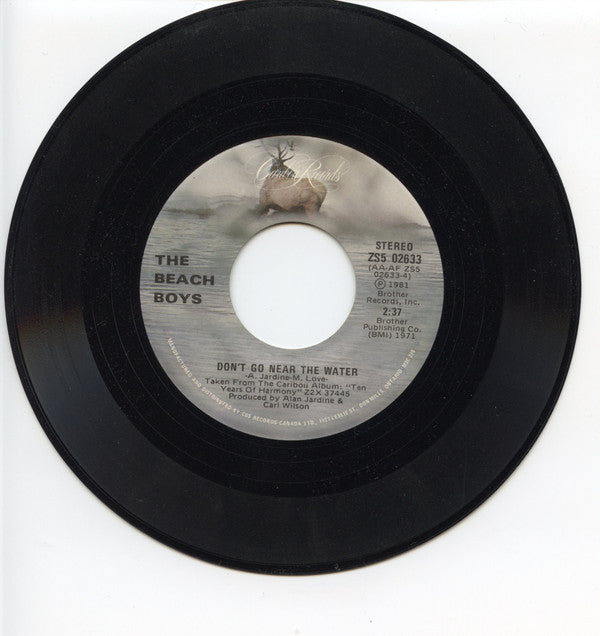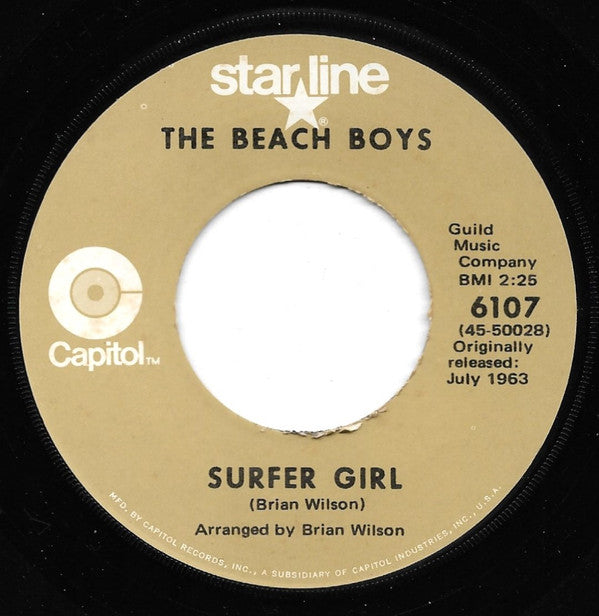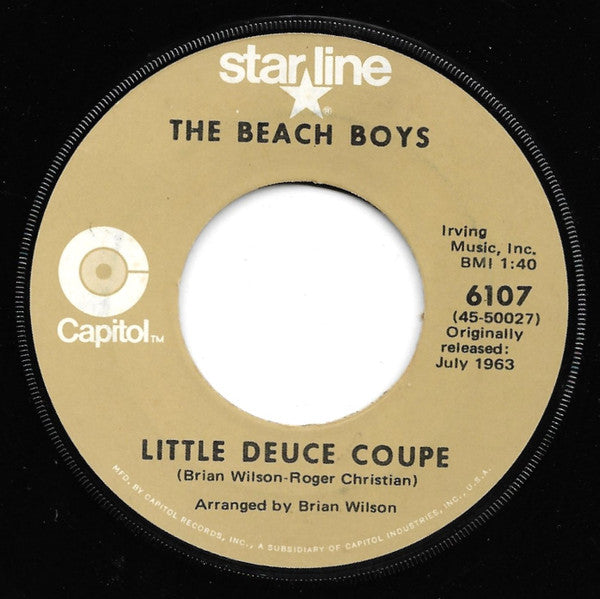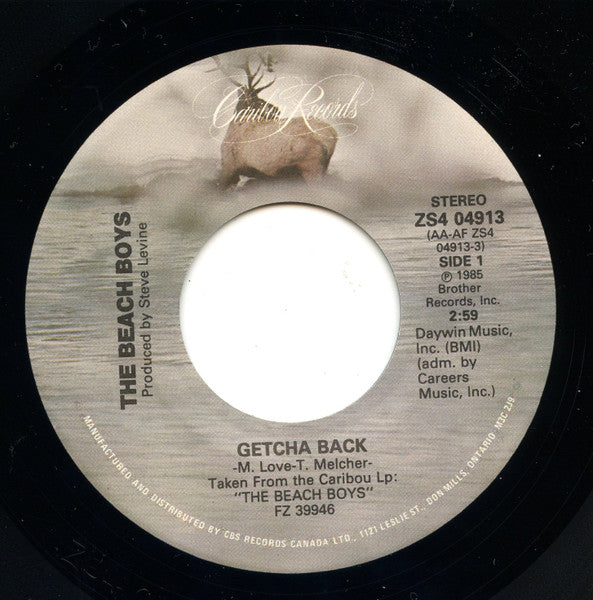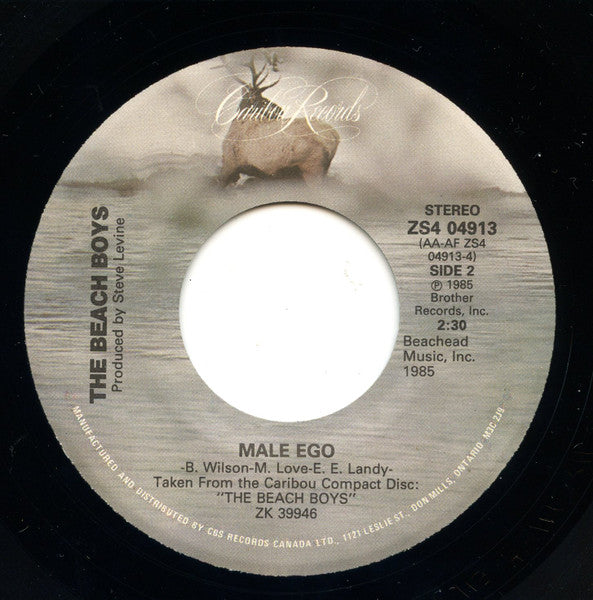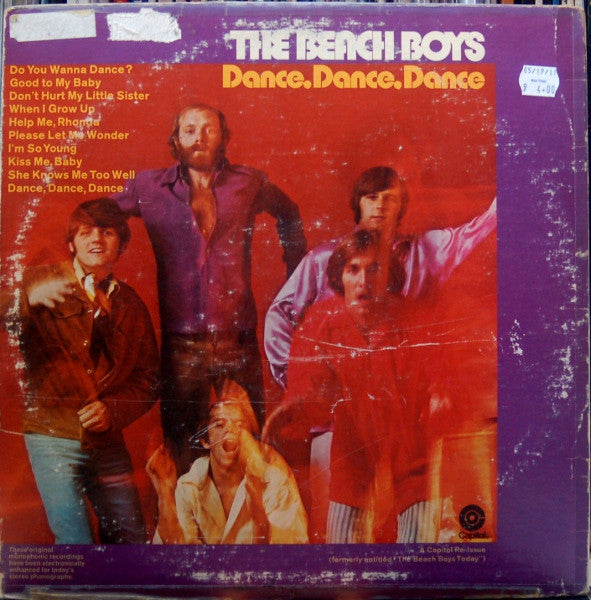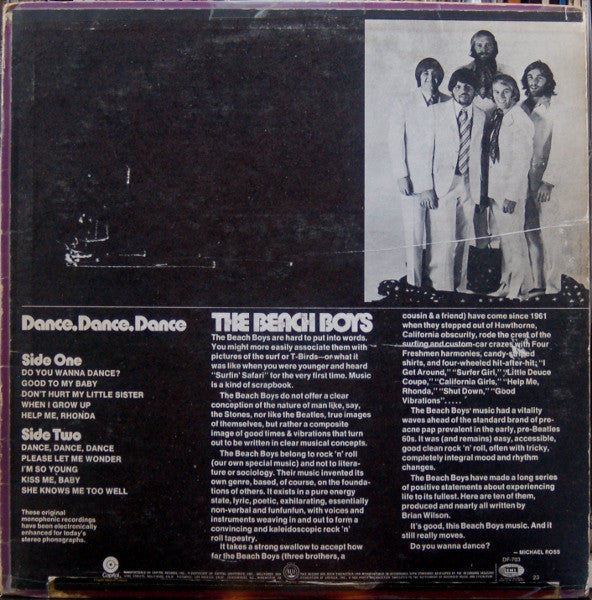"I'm picking up good vibrations
She's giving me the excitations
I'm picking up good vibrations
She's giving me the excitations
Good, good, good, good vibrations"
Born from the suburban sprawl of Hawthorne, California, in 1961, The Beach Boys took American popular music from the living room to the beach. Brian Wilson, the tortured genius at its center, along with brothers Dennis and Carl, cousin Mike Love, and friend Al Jardine, didn't just sing about the California dream—they surfed it.
The early years were pure surf-pop innocence. "Surfin' Safari," "Surfer Girl," "Fun, Fun, Fun"—songs that captured teenage freedom with harmonies tighter than a wet suit. But even then, in Brian's bedroom studio, something deeper was brewing. Those four-part harmonies weren't accidental. They were architectural.
Then came "Pet Sounds" (1966). While The Beatles were getting psychedelic, Brian Wilson was getting symphonic. "Wouldn't It Be Nice," "God Only Knows," "Caroline, No"—this wasn't surf music anymore. This was emotional orchestration, Brian's mental state laid bare in layered vocals and unconventional instruments. Paul McCartney called it the greatest album ever made. The Beach Boys had evolved from surf to serious.
But genius came with a price. As Brian retreated amid mounting mental health struggles, the band carried on. They toured while he created. They performed while he produced. The tension between commercial expectations and artistic ambition nearly broke them—and Brian.
"Good Vibrations" became their masterpiece—six months in the studio, revolutionary production techniques, a pocket symphony that proved pop music could be art. But "Smile," Brian's follow-up magnum opus, remained unfinished for decades, a casualty of perfectionism and pressure.
The 1970s brought survival mode. Brian absent, the band toured on oldies while struggling for relevance. Dennis tried to keep the creative flame alive. Carl held the musical center. Mike Love kept them commercially viable. They were living legends still searching for their next chapter.
The reunions were complicated. Brian's solo career. Legal battles. Family drama. But the music endured. When Brian finally completed "Smile" in 2004, it felt like closure—and new beginning.
They weren't just a band. They were the sound of American optimism. Hot rods and surfboards, yes, but also existential longing disguised as pop perfection. Brian Wilson's bedroom symphonies became the soundtrack to a nation's coming of age.
Thirty albums. Countless hits. Over 100 million records sold. They took the simple concept of harmony and made it profound. In the end, The Beach Boys didn't just capture the California sound—they created the American dream in four-part harmony.









